Pack Weight: 50g .
Price : 25 $ USD
Components :
Triticum aestivum (bark)
Althaea officinalis (flowers)
Fucus vesiculosis/ (Tahalli)
TEA 100 :
Infusion made from natural medicinal plants without side effects
Indications :
- Overweight, Obesity
- Cravings, Uncontrolled Appetite
Improvement effect:
The effect of Tea 100 is more beneficial if, additionally, you take the following in case of:
Superficial lipodystrophy, infusion 30
Hyperlipidemia, infusion 77
Functional colopathy, infusion 88.
Eating behavior:
The feeling of hunger often reveals more of a psychological craving than a real one. We tend to eat too much sugar, and the sweet taste calls for more sugar (a phenomenon linked to the secretion of insulin caused by sugar).
Appetite suppressants made from plants have properties that absorb water massively, being rich in fibers and pectin; pectin is an organic mucilaginous substance that, once consumed, swells in the stomach, reducing appetite and creating a feeling of fullness.
In general, we adjust our meals to our needs; after overeating, we should naturally reduce our food intake to regulate our weight. The hypothalamus, a part of the brain, activates the feeling of hunger and satiety in turn. People suffering from obesity do not feel these sensations as they should. They continue to overeat despite their needs and reserves. This phenomenon prevents them from losing or stabilizing their weight.
This hyperphagia is explained by a hormonal imbalance:
In obese people, there is a dysfunction of the digestive hormone that stimulates appetite, ghrelin, which is the antagonist of leptin, a hormone produced by the stomach that induces satiety when its levels rise.
The energy imbalance between calories consumed and expended is the fundamental cause of obesity and overweight.
There is an increase in the consumption of very caloric foods rich in lipids and a lack of physical activity due to the increasingly sedentary nature of many forms of work, the evolution of transport modes, and growing urbanization.
The increase in BMI is a major risk factor for certain chronic diseases such as:
- Cardiovascular diseases (heart disease, strokes)
- Diabetes
- Musculoskeletal disorders (osteoarthritis)
- Certain cancers (endometrial, breast, ovarian, prostate, gallbladder, kidney, colon)
Childhood obesity is associated with premature cases and disability in adulthood, respiratory difficulties, increased fracture risk, cardiovascular disease, insulin resistance, and psychological issues.
Children may not receive age-appropriate nutrition, whether at the prenatal stage, infant stage, or early childhood. They are exposed to foods rich in fats, sugars, and salts, very caloric but poor in micronutrients.
Sedentary behavior and new types of games influence physical activity and accentuate obesity.
The agro-food industry can play an important role in dietary habits by reducing the fat, sugar, and salt content of prepared foods and marketing healthy, nutritious products.
To avoid overweight and obesity, you should adopt a healthy lifestyle:
- Limit energy intake from total lipids and sugars
- Consume more fruits and vegetables, legumes, whole grains, and nuts
- Keep daily salt intake below 5g
- Engage in regular physical activity
- Prefer iodized salt, limit the consumption of high-sugar foods and beverages
- Reduce saturated fats to less than 10% of total energy intake
- Reduce fatty acids to less than 1% of total energy intake
- Replace saturated fats with unsaturated or polyunsaturated fats
For overweight and obesity, there are dietary supplements that:
- Aim to increase resting calorie expenditure (fat burners)
- Reduce appetite (appetite suppressants)
- Prevent the absorption of some fats ingested
- Increase urinary elimination (diuretics)
Ephedrine and caffeine are adjuncts to weight loss. Seaweed, due to its richness in fibers and ability to retain food water, helps you feel full faster and for longer periods. Pectins extracted from lemons and apples enhance the feeling of fullness to reduce calorie intake.
Chemical medications that partially block fat absorption in the intestines (30% eliminated in stool) may cause uncomfortable side effects (oily stools and fat loss around the anus). There may be a risk of liver damage.
Amphetamines and fenfluramine, as appetite suppressants, are no longer used due to their significant side effects.


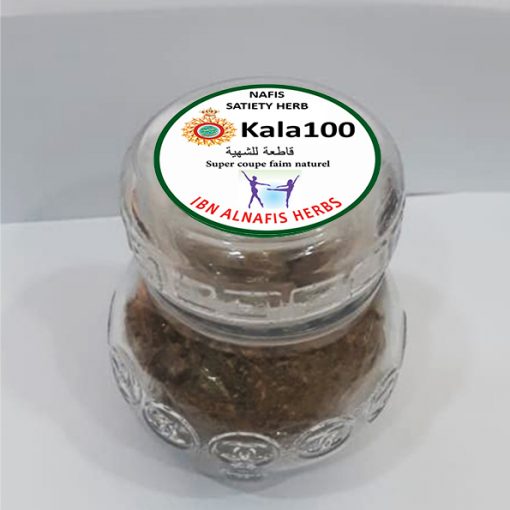
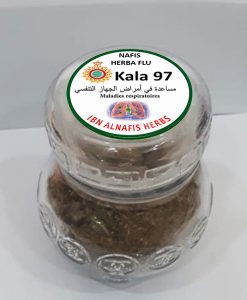
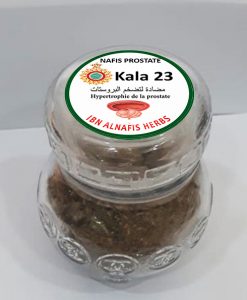
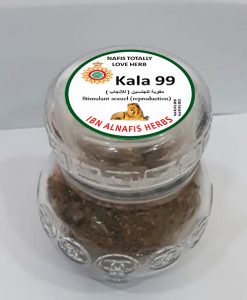
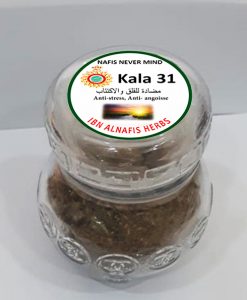
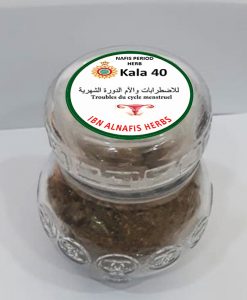
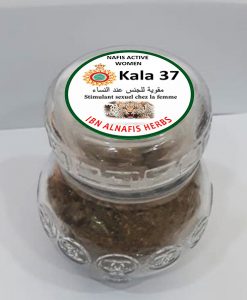
Reviews
There are no reviews yet.